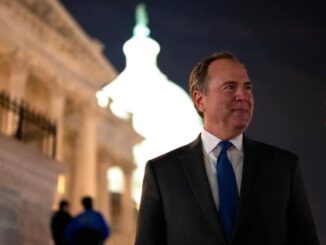
Rep. Maxine Waters (D-Calif.), the ranking member of the U.S. House of Representatives Financial Services Committee, reintroduced this week three pieces of proposed legislation to bolster affordable housing investments, expand the housing choice voucher program and provide billions of dollars in assistance for first-time, first-generation homebuyers.
“Together, these bills represent the single largest and most comprehensive investment in affordable housing in U.S. history and comes at a time when our nation’s housing and homelessness crisis has reached its worst state,” Rep. Waters’ office said in a statement. “Today, U.S. home prices have skyrocketed by nearly 40% since 2020, over 582,500 people are living without a home, and first-time homeownership has reached its lowest level on record.”
If passed, the “Housing Crisis Response Act of 2023” would provide more than $150 billion in affordable housing investments, representing “the single largest investment in affordable housing in our nation’s history,” according to an announcement.
Waters’ office estimates that the associated funds would create 1.4 million affordable and accessible homes, provide rental assistance for up to 300,000 households, and create “the first-ever national investment in homeownership for first-time, first-generation homebuyers.”
The “Ending Homelessness Act of 2023” would transition the Housing Choice Voucher program into a federal entitlement, which would greatly expand access to the program. The bill would also ban housing discrimination based on source of income and veteran status.
And, the “Downpayment Toward Equity Act of 2023” would provide $100 billion in assistance to first-time, first-generation homebuyers purchasing their first home. Waters’ office contends that this will address the nation’s racial and homeownership gap.
“This would include assistance for down payments, closing costs, and to help buy down mortgage interest rates,” Waters’ office said.
The bills all have the same group of legislative cosponsors in the House, all of which are Democrats. These legislation previously passed the House in the prior Congress as part of the sweeping “Build Back Better” agenda from the Biden administration. However, it ultimately failed in the Senate.
The bills do not appear to have any Republican support at this time. While the majority in the House is slim, Republicans control the chamber and determine the pieces of legislation that are ultimately brought for debate and voting.



